The Dai Garden of Xishuangbanna
The Dai Garden is called Xishuangbanna Dai Garden. Located in Xishuangbanna Olive Dam, Yunnan Province, China. There are five Dai Natural Villages with the best preservation in China, covering an area of 336 square kilometers. It is expected to invest 150 million yuan and be completed in three phases.
The first phase invested 42 million yuan and completed land requisition, road construction, groundwater pipes and power lines buried in tourist shopping areas, and other infrastructure construction. It completed the gate building, welcoming plaza, packaging of old scenic spots, village tourism routes, riverside activity area, tourist shopping area, barbecue ground, water splashing Plaza and large-scale open-air theatre. The door was opened on August 1, 1999. The Dai Nationality Park Phase II project is expected to invest 60 million yuan to build a folk tourism resort and a large amusement park.
Survey of scenic spots
Dai Nationality Park is located in the Olive Dam Dam of Xishuangbanna, Yunnan Province. There are five Dai Natural Villages in the scenic area, which cover an area of 336 square kilometers. It is estimated to invest 150 million yuan and be completed in three phases. The first phase invested 42 million yuan and completed land requisition, road construction, groundwater pipes and power lines buried in tourist shopping areas, and other infrastructure construction. It completed the gate building, welcoming plaza, packaging of old scenic spots, village tourism routes, riverside activity area, tourist shopping area, barbecue ground, water splashing Plaza and large-scale open-air theatre. The door opened on August 1, 1999.
Main attractions
Welcome Square: Welcome visitors to Dai Garden with Dai family etiquette.
Mansongman Ancient Buddhist Temple: It has a history of more than 1400 years. It is one of the oldest Buddhist temples in Xishuangbanna. It mainly displays Buddhist cultural activities to tourists, such as Buddhist chanting, Buddhist worship and so on.
Dai Village Visit: Mainly to show visitors Dai houses, courtyard scenery, experience Dai family life customs, feel the joy of being a Dai family for a day. Jiangbian Activity Area: A large-scale festival activity area for villagers, used for raising, lighting Kongming lanterns, cockfighting and other folk activities. Shopping area: selling Dai barbecue, cotton weaving, folk crafts, Dai bags, wood carving artworks, etc., enjoying the tea ceremony of Mingbanna famous tea, tasting Dai characteristic flavor restaurant.
Water-splashing Plaza: The main activity area of the scenic spot is a large-scale open-air theater with 100 professional Water-Splashing teams held every day.
Dai Natural Village in the Garden: Large-scale Water-Splashing activities, allowing visitors to participate directly, experience the fun of the Dai Water-splashing Festival, feel the warm scenes of the Dai Water-splashing Festival.
Open-air theatre: in the form of singing and dancing, it truly and accurately reflects the essence of traditional Dai culture, reappears the historical origin of Dai prince's recruitment, reflects Dai family's life and customs, and more than 100 actors, with grand scale and spectacular scenes.
Tourism information
Route
Bus: Jinghong Refurbishment Factory Passenger Station - Menghan Passenger Station (28km), 9 yuan per person, 30-40 minutes.
Self-driving tour route: Dai Garden Gate - National Non-material Cultural Heritage Exhibition Area - Manchunman Ancient Buddhist Temple - Manyin White Pagoda, Pagoda Tree - Water Sprinkling Carnival (Note: There are two, the first 14:50, the second 16:30, Golden Week plus performances) - Dai original ecological song and dance performances (usually 15:20, Golden Week plus performances).
Get accommodation
There are many hostels in Xishuangbanna. Tourists can lodge in Shuyuan Restaurant near Jinghong Bus Station for 120 yuan. In addition, you can also stay in a motel, three rooms 15 yuan per person, with an independent toilet and color TV, hot water supply at night, a hotel is the station.
Xishuangbanna is a hot tourist area. There are more than 30 star-rated hotels, such as Daiyuan Hotel, Crown Hotel, Golden Banna Hotel and so on. In addition, there are Jinfeng Hotel, Jinghong Hotel, Xishuangbanna Dai Township Hotel, Xishuangbanna Traffic Hotel and other hotels.
Admission ticket
Tickets: VIP Tickets: 148 yuan (including tickets, tour buses, tour guides, water splashing clothes, performances, etc.)
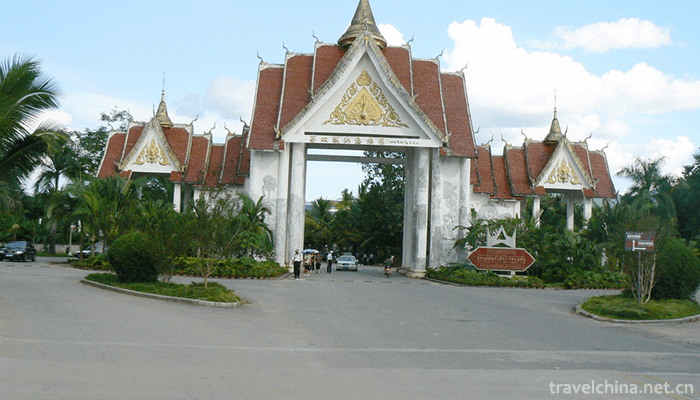
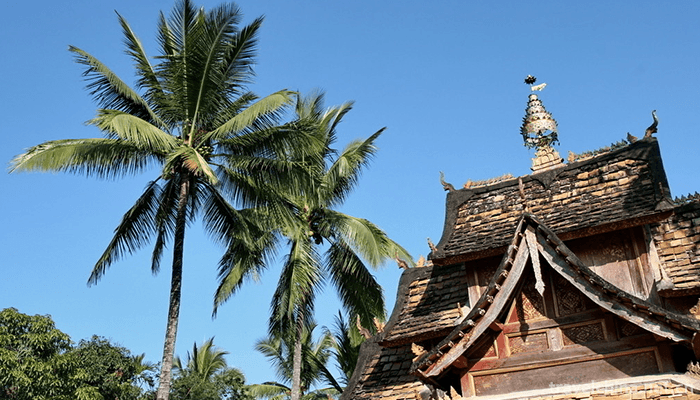
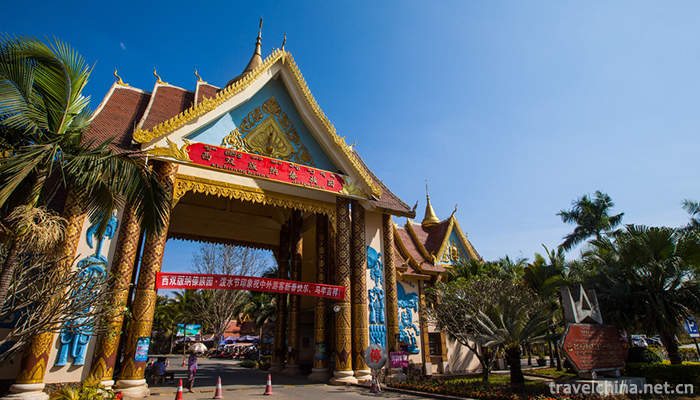
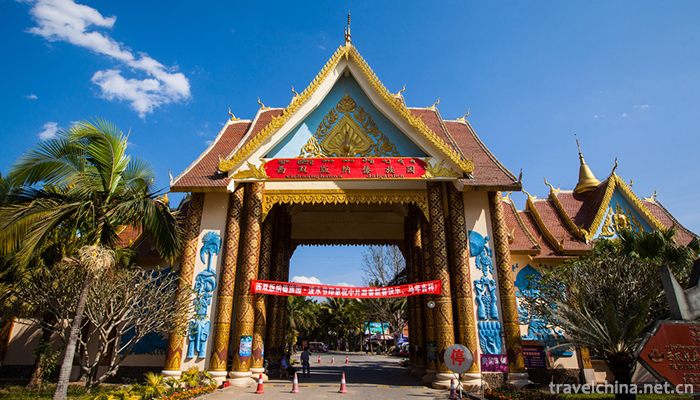
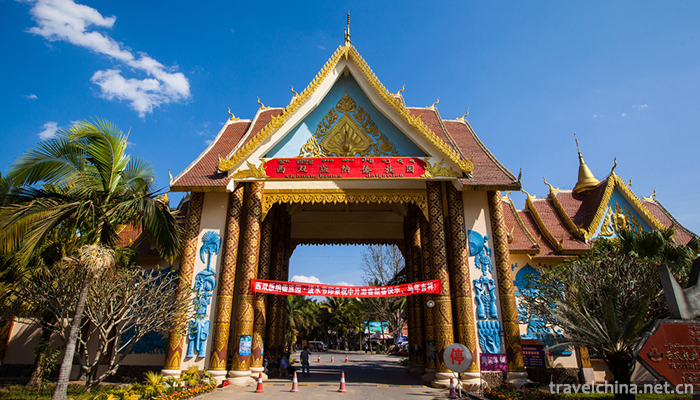
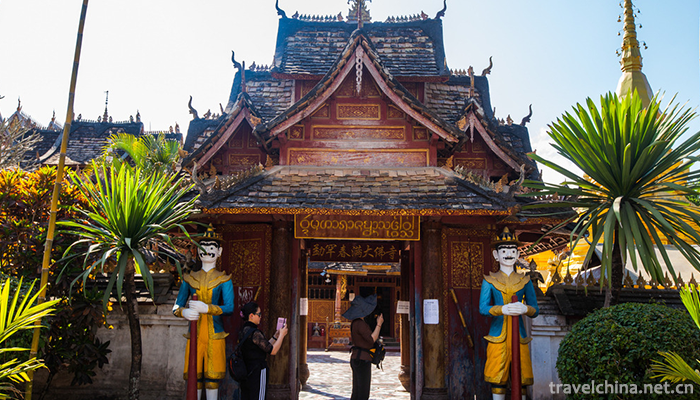
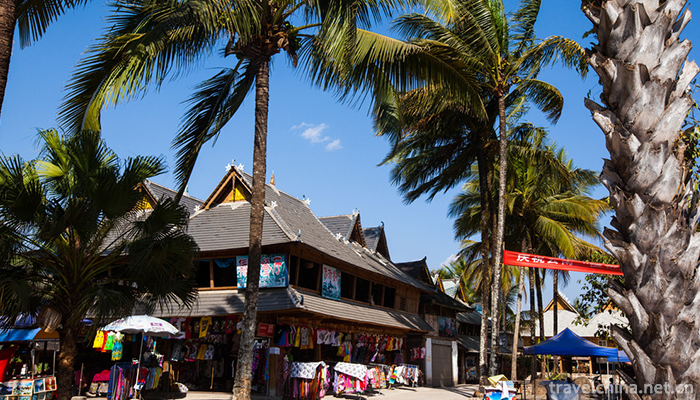
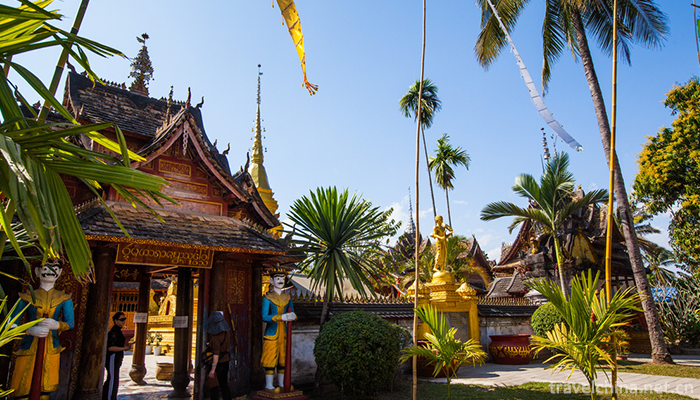


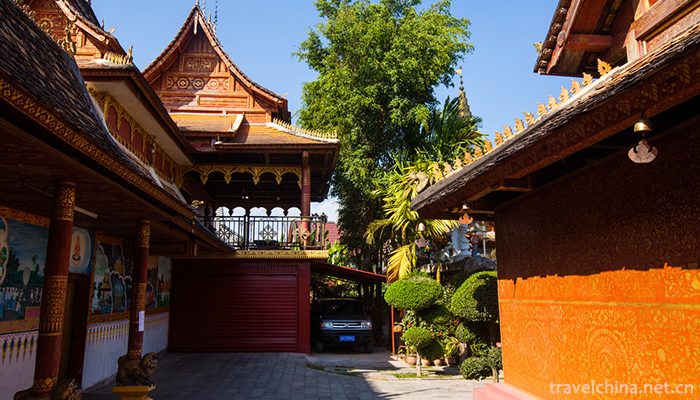
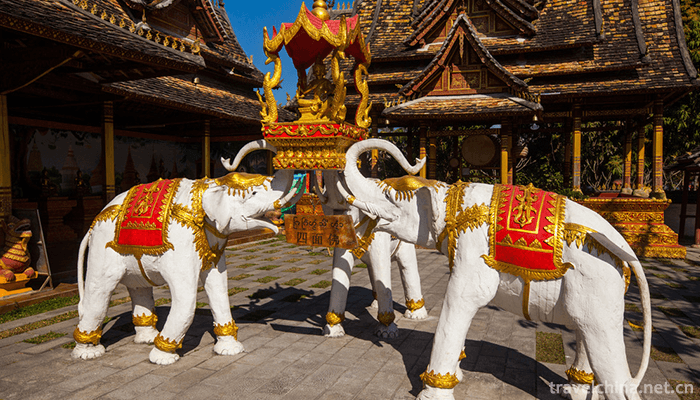
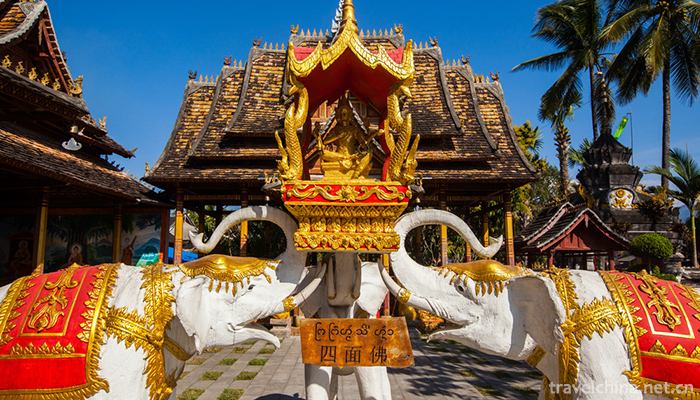
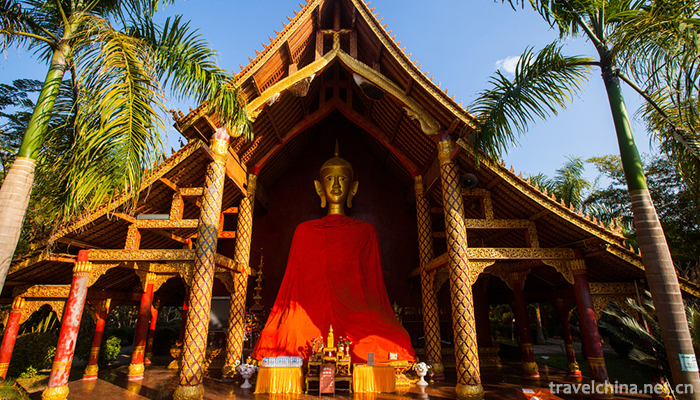
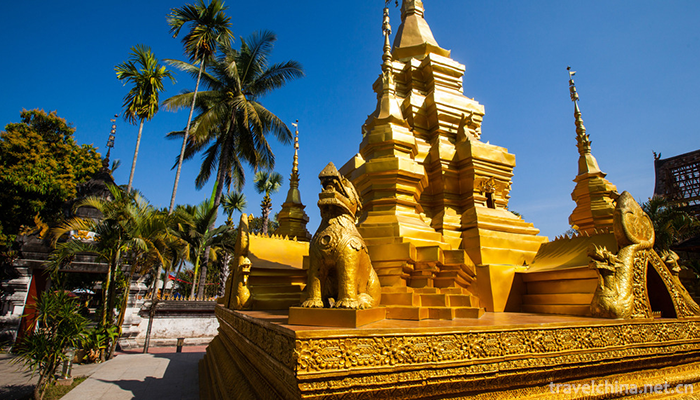
0 Questions
Ask a Question
Your email address will not be published.